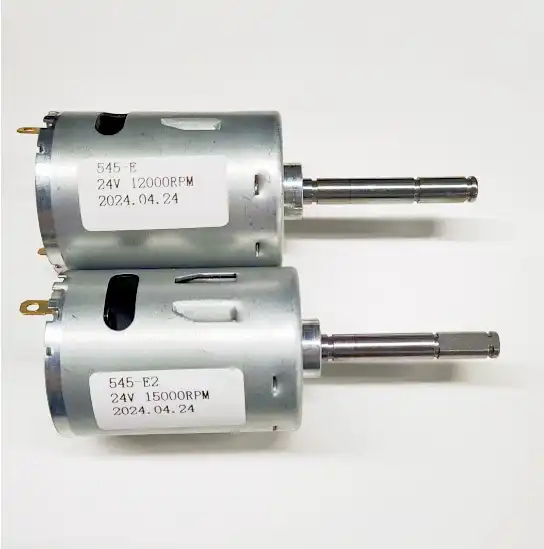How to choose the right operating system for Control Board For Vending Machine?
2024-10-18 09:59:58
Choosing the right operating system (OS) for a Control Board For Vending Machine is a critical decision that impacts the machine's performance, reliability, and security. The OS must seamlessly integrate with the machine's hardware, support real-time operations, ensure stability, and provide robust security features. This guide explores the essential factors to consider when selecting an OS for a vending machine control board, including hardware compatibility, real-time performance, stability and reliability, and security. By understanding these key aspects, manufacturers can make informed decisions that enhance the functionality and user experience of their vending machines.
Hardware compatibility
When selecting an operating system for a Control Board For Vending Machine, hardware compatibility is a crucial factor to consider. The chosen operating system must be able to work seamlessly with the specific hardware components of the vending machine, including the control board itself, various sensors, payment systems, and dispensing mechanisms.
Most modern vending machines use embedded systems, which are specialized computer systems designed for specific functions. These systems often have limited resources compared to general-purpose computers, so the operating system needs to be lightweight and efficient. Popular choices for embedded systems include Linux-based operating systems, real-time operating systems (RTOS), and sometimes embedded versions of Windows.
Linux-based systems, such as Embedded Linux or Yocto Project, are widely used in vending machines due to their flexibility and extensive hardware support. These systems can be customized to include only the necessary components, reducing overhead and improving efficiency. They also have a large community of developers, which means better support and frequent updates for various hardware components.
When evaluating hardware compatibility, it's essential to consider the specific requirements of your vending machine. For instance, if your machine uses a touchscreen interface, ensure that the operating system supports the particular touchscreen controller. Similarly, if you're using specialized payment systems or telemetry modules, verify that drivers or software development kits (SDKs) are available for your chosen operating system.
Another aspect of hardware compatibility is power management. Vending machines often need to operate in various power states, including low-power modes when not in use. The operating system should support efficient power management features that align with the hardware capabilities of the control board and other components.
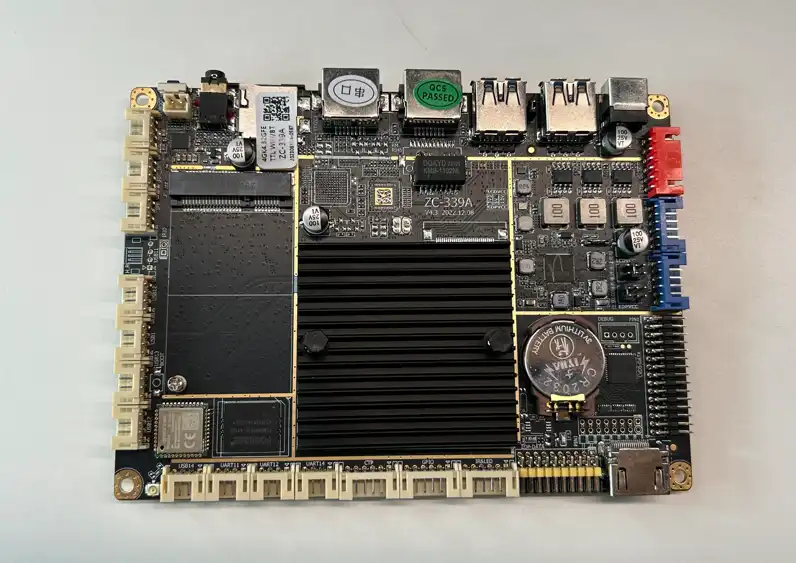
Real-time performance
Real-time performance is a critical factor in vending machine operations. The control board must respond promptly to user inputs, process transactions quickly, and control the dispensing mechanisms with precise timing. For these reasons, many vending machine manufacturers opt for real-time operating systems (RTOS) or operating systems with real-time capabilities.
An RTOS is designed to process data and respond to events within strict time constraints. This is particularly important in vending machines where delays in response could lead to user frustration or mechanical issues. For example, when a user makes a selection, the system needs to process the payment, verify the product availability, and activate the dispensing mechanism, all in a seamless and timely manner.
Some popular RTOS options for vending machine control boards include FreeRTOS, VxWorks, and QNX. These systems provide deterministic behavior, meaning they can guarantee response times for critical tasks. This is achieved through features like priority-based scheduling and interrupt handling.
However, it's worth noting that not all vending machine applications require a full RTOS. Some Linux-based systems, like RT Linux or PREEMPT_RT patch for Linux, can provide real-time capabilities sufficient for many vending machine applications. These systems offer a balance between the rich feature set of a general-purpose operating system and the real-time performance needed for responsive operation.
When evaluating real-time performance, consider the specific timing requirements of your vending machine. Analyze the most time-critical operations and ensure that the chosen operating system can meet these requirements consistently. It's also important to consider the overall system load and how it might affect real-time performance during peak usage periods.
Stability and reliability
Stability and reliability are paramount when choosing an operating system for a Control Board For Vending Machine. Vending machines are often deployed in locations where they need to operate continuously for extended periods with minimal maintenance. Any system crashes or instabilities can result in lost sales, customer dissatisfaction, and increased maintenance costs.
A stable operating system should be able to run for long periods without crashing, freezing, or requiring reboots. It should also handle unexpected conditions gracefully, such as power interruptions or hardware malfunctions. This requires robust error handling and recovery mechanisms built into the operating system.
Linux-based systems are often favored for their stability and reliability. The Linux kernel has been refined over many years and is known for its robust performance in embedded systems. Additionally, many Linux distributions designed for embedded use, such as Buildroot or OpenWrt, offer long-term support (LTS) versions that provide stability and security updates for extended periods.
Reliability also extends to the update and maintenance processes. The chosen operating system should support secure and reliable methods for software updates and patches. This is crucial for maintaining the system's security and functionality over time. Some operating systems offer features like dual-bank updates, which allow for safe rollbacks if an update fails, ensuring the vending machine remains operational.
When evaluating stability and reliability, consider the track record of the operating system in similar applications. Look for case studies or testimonials from other vending machine manufacturers or embedded system developers. It's also worth considering the longevity and support lifecycle of the operating system, as vending machines often have a long service life.
Security
Security is a critical consideration when choosing an operating system for a Control Board For Vending Machine, especially given the involvement of payment transactions. The operating system must provide robust security features to protect against various threats, including unauthorized access, data breaches, and tampering with the machine's operations.
One key security feature to look for is support for secure boot. This ensures that only authorized software can run on the machine, preventing the execution of malicious code. Many modern operating systems, including secure versions of Linux and some RTOS options, support secure boot mechanisms.
Encryption is another crucial security feature. The operating system should support strong encryption protocols for both data at rest (stored on the machine) and data in transit (e.g., during communication with backend systems or payment processors). This helps protect sensitive information such as transaction data and machine configurations.
Access control is also important. The operating system should provide mechanisms for user authentication and authorization, ensuring that only authorized personnel can access sensitive functions or data. This might include support for role-based access control (RBAC) or integration with external authentication systems.
Regular security updates are crucial for maintaining the security of the vending machine over time. Choose an operating system with a strong track record of timely security patches and a clear process for applying these updates to deployed machines.
For payment security specifically, look for operating systems that support or can be easily integrated with payment card industry (PCI) compliant solutions. This might involve support for specific security protocols or the ability to isolate payment processing from other system functions.
When evaluating security features, consider the specific threat model for your vending machines. This might vary depending on the deployment environment, the types of payments accepted, and the sensitivity of the data handled. Ensure that the chosen operating system can address the most significant security risks identified in your threat model.
Control Board For Vending Machine Supplier
Topping Motor focuses on OEM and ODM solutions, providing one-stop standard service, fast delivery and careful packaging.. If you are choosing your Control Board For Vending Machine supplier, welcome to contact us at sales@huan-tai.org.
References
1. Embedded Linux Wiki. (2023). Embedded Linux.
2. FreeRTOS. (2023). What is an RTOS?
3. Wind River. (2023). VxWorks: Real-Time Operating System (RTOS).
4. BlackBerry QNX. (2023). QNX Real-Time Operating System (RTOS).
5. The Linux Foundation. (2023). Real-Time Linux.
Send Inquiry
Related Industry Knowledge
- How to deal with Vending machine cup dispenser empty?
- How Quickly Do Coffee Machine Boilers Heat Up?
- What Innovations Are Improving Coffee Machine Mixer Technology?
- How Does the Coffee Machine Mixer Influence Beverage Consistency?
- What are the advantages of the Vending Machine Spiral Motor?
- How Long to Coffee Grinder Motors Last?
- Can I grind coffee beans without a grinder?
- Coffee machine pump pressure
- How Do Mixing Systems Impact the Efficiency of Coffee Vending Machines?"
- Can You Keep Coffee Beans in a Hopper?


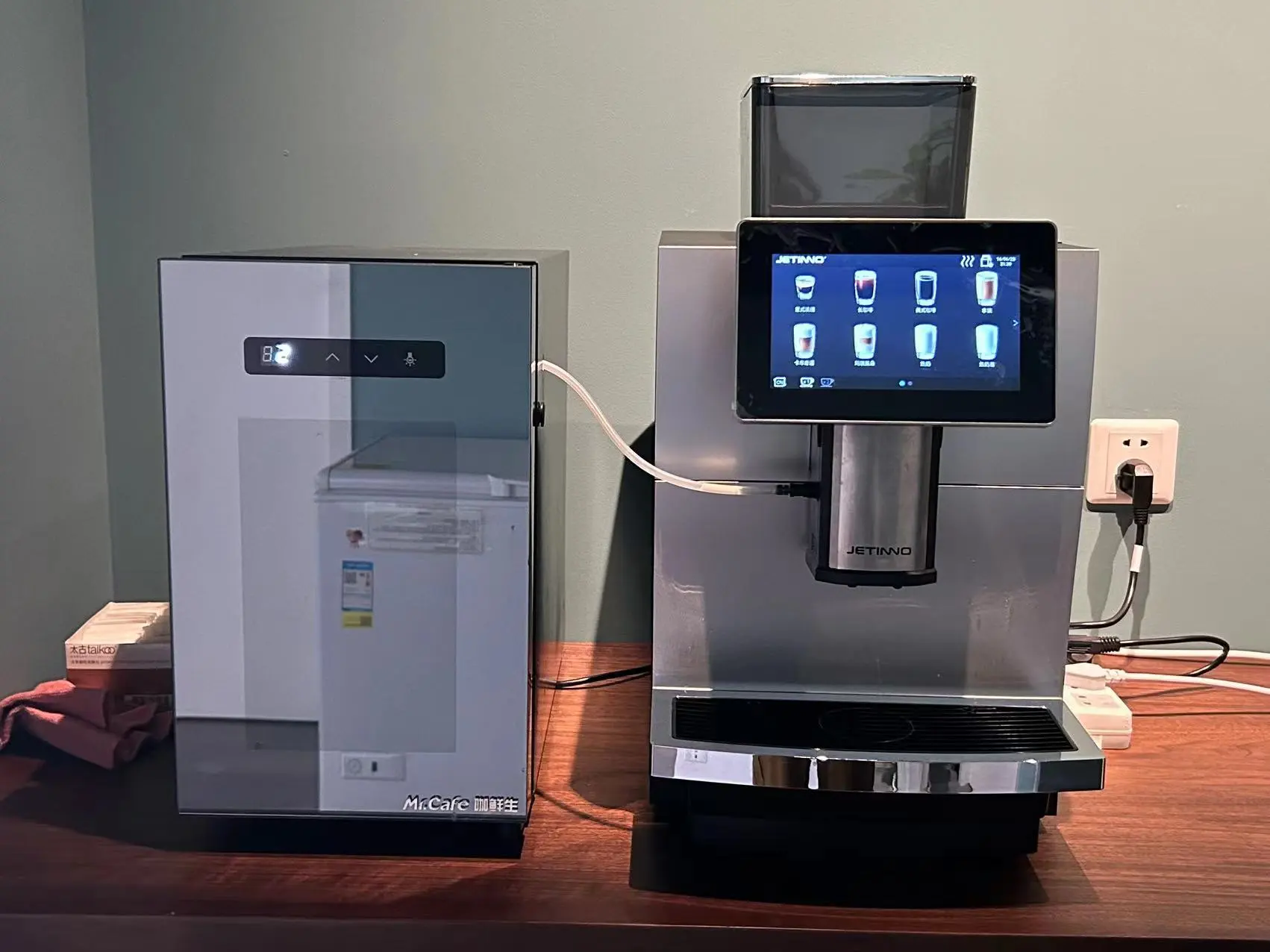
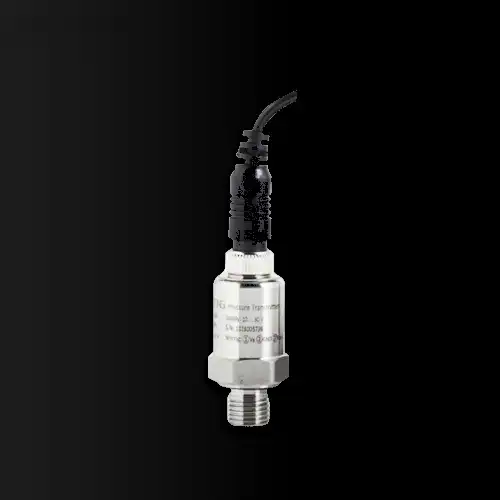
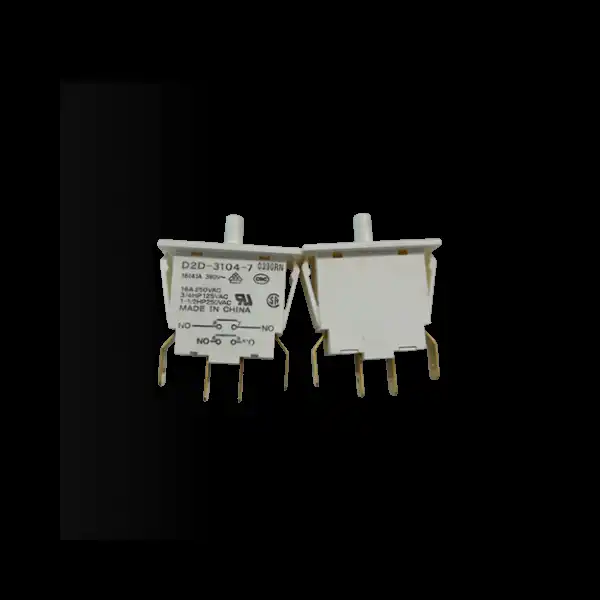

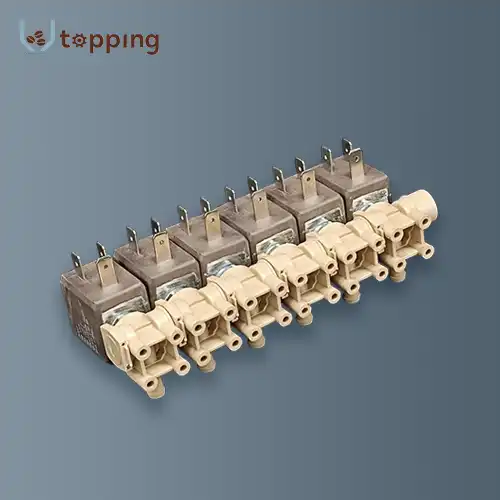
.webp)
